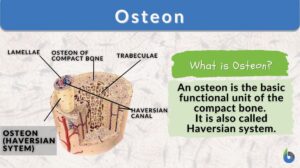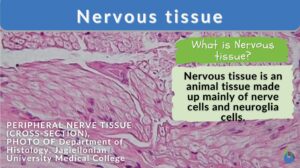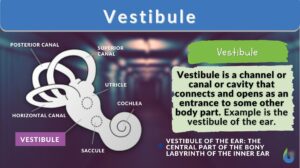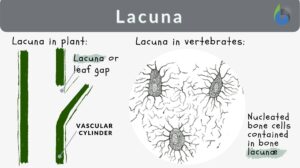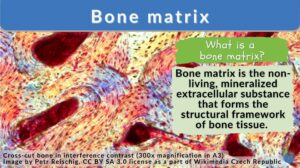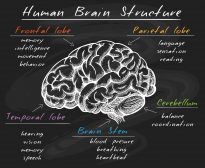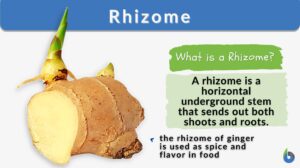Search Results for: central canal
Central canal
Central canal The ependyma-lined lumen (cavity) of the neural tube, the cerebral part of which remains patent to form the... Read More
Nervous System
THE is the most complicated and highly organized of the various systems which make up the human body. It is the... Read More
Osseous tissue
What Is Bone Or Osseous Tissue? Osseous tissue is the structure providing, hard and mineralized connective tissues. Osseous... Read More
Hyaloid canal
Hyaloid canal a minute canal running through the vitreous from the discus nervi optici to the lens, containing in foetal... Read More
Nervous tissue
Nervous Tissue Definition Nerve cells (or neurons) and their associated cells, such as neuroglia cells, make up nervous... Read More
Spongy bone
Spongy bone, also known as cancellous bone or trabecular bone, is a type of bone tissue found at the ends of long bones and... Read More
Cerebrospinal fluid
Definition noun, plural: cerebrospinal fluids A clear, colorless body fluid that fills the ventricles of the brain and the... Read More
Bone matrix
Bone Matrix Definition Bone matrix refers to the matrix component of bone tissue. It provides the structural framework and... Read More
Concentric lamella
Concentric lamella One of the concentric tubular layers of bone surrounding the central canal in an osteon. Synonym:... Read More
The Conscious & Unconscious Nervous System
The Central Nervous System is arguably the most important part of the body because of the way it controls the biological... Read More
Sensory Systems
A sensory system is a part of the nervous system consisting of sensory receptors that receive stimuli from the internal and... Read More
Synergistic effect
Synergistic Effects Definition In biology, synergistic effects are the effects when chemical substances or biological... Read More
Homeostasis
Homeostasis is the tendency not to stray from the range of favorable or ideal internal conditions. Such conditions must be... Read More

